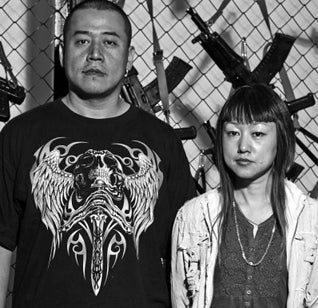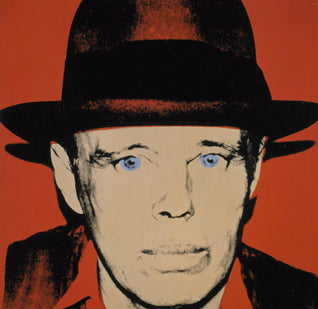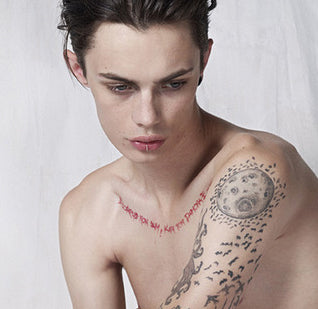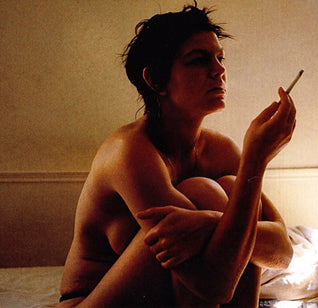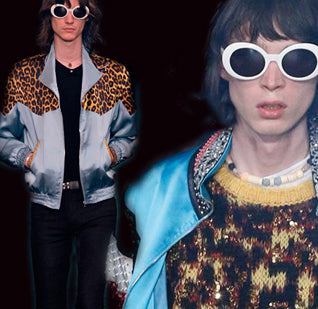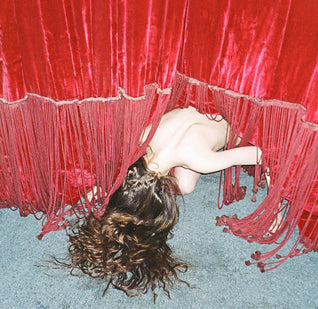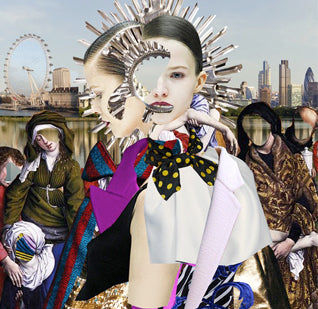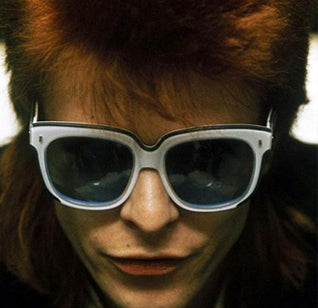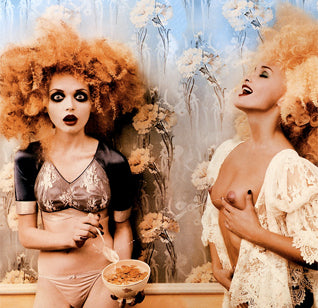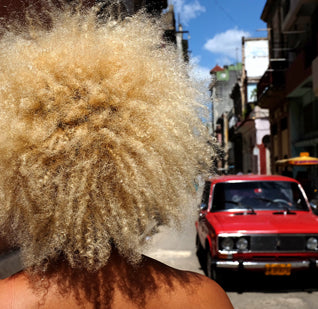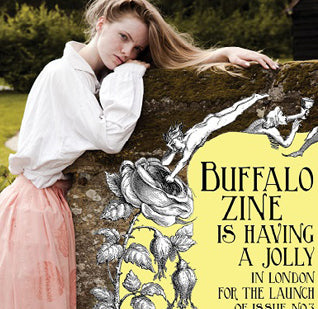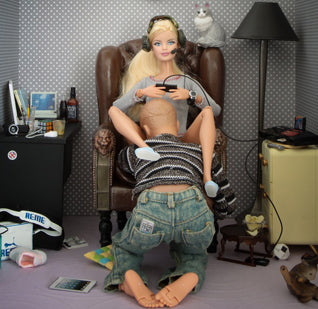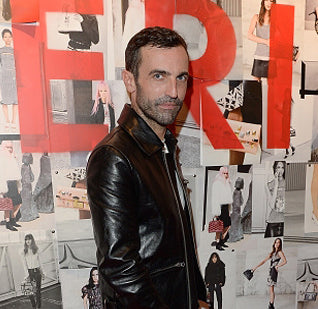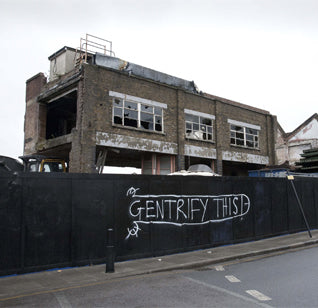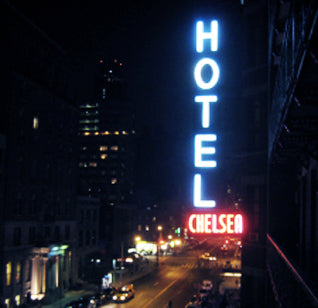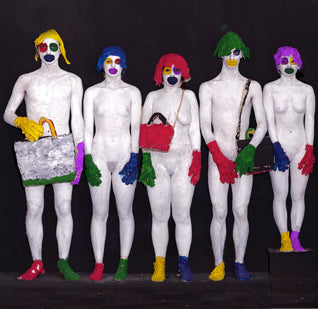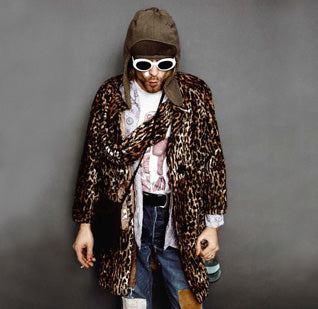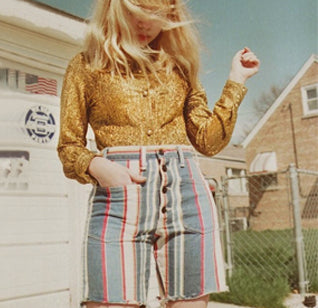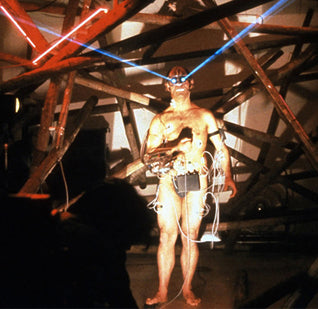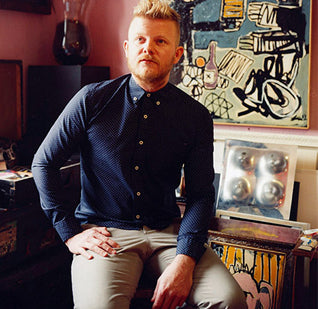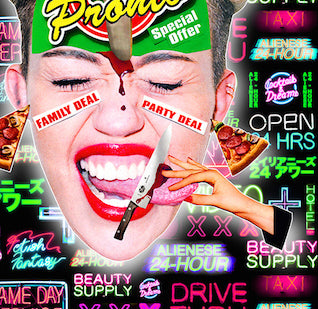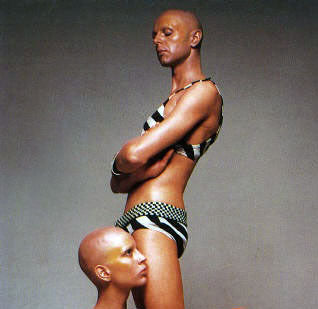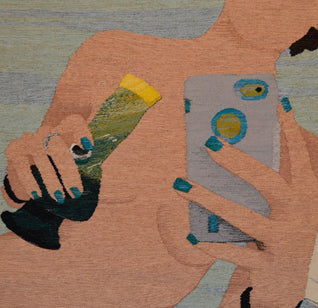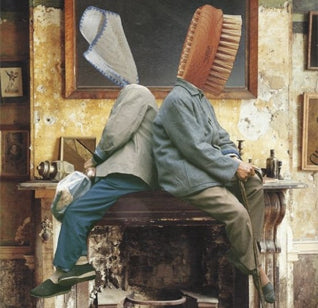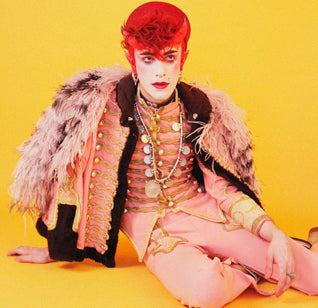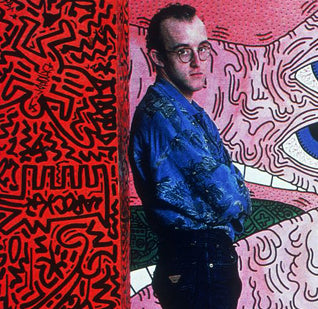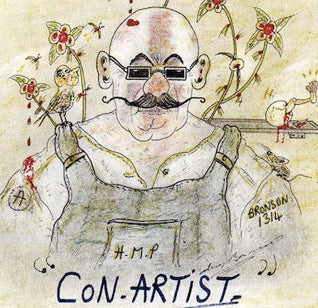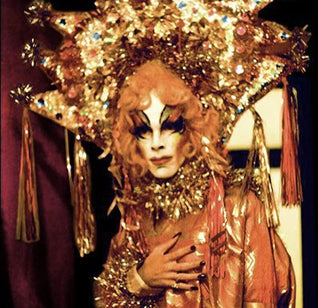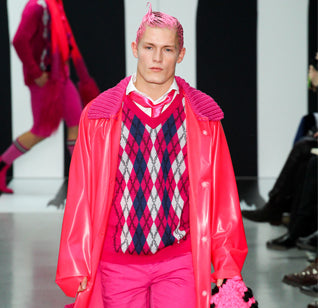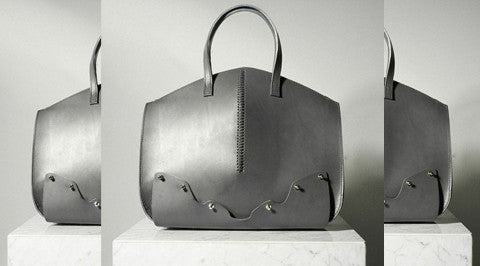AN AMERICAN ABROAD
Comic book artist, Ali Fitzgerald, on the hype behind Berlin
by Maria Raposo
Articulate and witty, Ali Fitzgerald is an American living in Berlin. As a writer and artist her creative output is vast. Her work can be found in The NY Times, The Huffington Post, Art 21 and Kids of Dada. She creates charming comic books in a gestural, painterly style. Fused with dark humor, her cleverly crafted characters have a lively satirical spirit. KOD had a chat with Ali about cultural crossovers and her favorite film directors:
KOD: Journalists are labeling Berlin as the new creative capital. Does the city live up to the hype?
Ali Fitzgerald: I think Berlin does, in some ways, live up to the hype. It has this incredibly dense history, and the city’s architecture reflects that. You can still slither across basement parties and defunct warehouses. Some people have massive, unheated studios and pay a meager amount for them (old contracts), and the bars and cafes maintain this lovely, not-quite-sanitized presence that’s hard to find in London or New York – other than Brooklyn.
Still, I don’t think Berlin will ever be New York, because it’s so ideologically different and well-regulated- and I’m thankful for all of that, I really like living here.
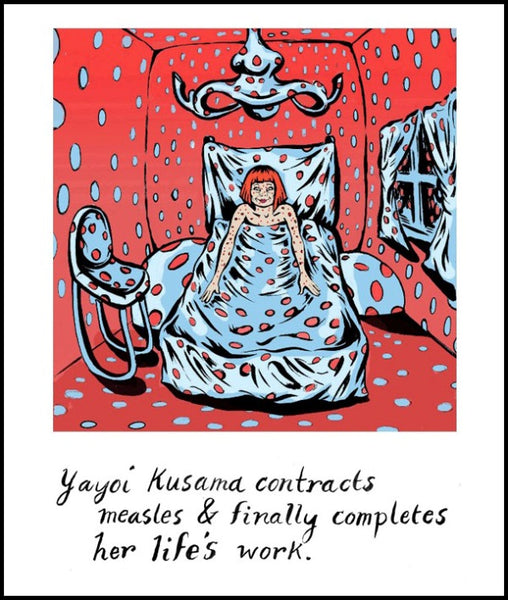
Ali Fitzgerald, 'Yayoi Kusama', 2013
KOD: What inspires you to be so creative and to work so hard?
Ali Fitzgerald: One thing that inspires me to be creative is the fear of not being creative. The idea of letting your day job become your real job, of losing touch with your greater ambitions, totally frightens me. I think that’s a big part of my drive: fear. On the other hand, there is genuine enjoyment in what I do, I find drawing calming, and the act of creating a physical object is really gratifying.
KOD: Do you think that Berlin has a direct effect on your work?
Ali Fitzgerald: When I moved here I was making sculptural installations, and somewhere along the line I decided to start doing comics, something I stopped doing while I was in grad school as I was overly concerned with “high art/low art” distinctions. But then I met people and saw things in Berlin that made me want to tell stories more directly.
I began with writing and drawing comics about my former roommate Lucia, with the working title, The Berlin Cool-Dead. It was a story about collapsing ideas of Bohemia: these two lost girls in search of some sabotaged, dark romance. I’ve since expanded that idea, which is now a larger graphic memoir called The New Berlin Stories, 2008-, which I’m still working on.
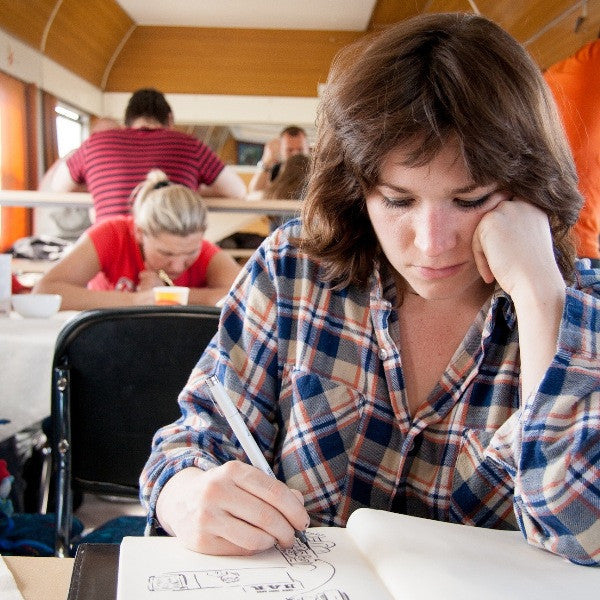
Ali Fitzgerald, 2013
KOD: Your comics talk about how everyone in Berlin wears brown jumpers all the time. Was there anything else you found particularly striking about German culture when you first moved there?
Ali Fitzgerald: Oh man, so much. I’m still in a kind of cultural purgatory because I’m not German enough and not American enough. The other day my girlfriend and I went on a big boat trip down the canal, and every time we went under a bridge all the Germans started clapping, which is just another bizarre ritual for me to come to terms with. Germans always surprise me, sometimes with that famously brusque and direct manner of theirs which, in the end, is pretty funny.
KOD: Working with both words and pictures, which do you believe has more impact? Do you think that the media has made us reliant on imagery to capture our attention?
Ali Fitzgerald:While images tend to have more immediate impact, I also think they are more easily dismissed, overlooked, or discarded. For example, Joe Sacco’s Notes on Gaza is a graphic novel which documents his time spent on the Gaza Strip. I think his words are made more powerful by his drawings, which resonate in a different way to a photo.
I’m not sure if the media has made us more reliant on images; it seems like a natural state to be drawn to pictures. I just think the world we live in now is one of unlimited visual access and so it’s really hard not to be gluttonous and entitled about it.
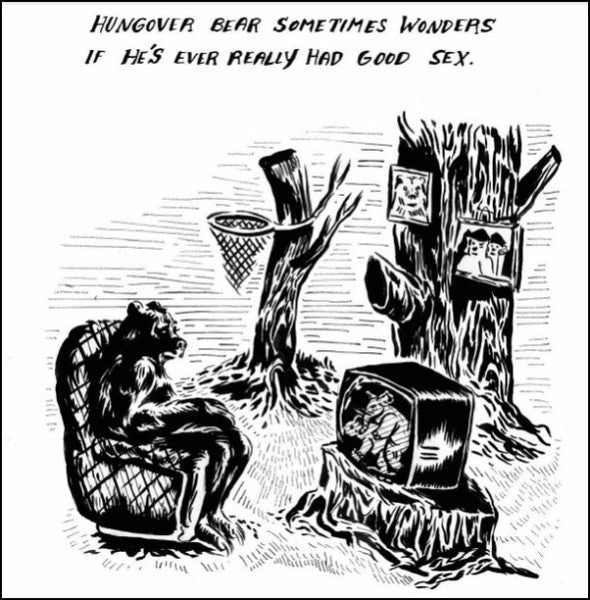
Extract from 'Hungover Bear', 2013
KOD: Your comics could easily be made into films. Do you have a favorite director?
Ali Fitzgerald: I have a lot of favorite directors, maybe because making comics is also about world-creating. I like Lars Von Trier despite his reputation as a misogynist. I also like Werner Herzog’s documentaries a lot. My favorite director is probably Luis Buñuel, and my favorite movie is his Viridiana, which was banned in Franco’s Spain and stars a nun in decline. I also love Terry Gilliam’s quirky rococo aesthetics.
In writing this, I’m sad to not have any female directors to include, which says more about the idea of the male director as “auteur” than anything else. I did however recently watch the miniseries Top of the Lake, directed by Jane Campion, which was amazing.

